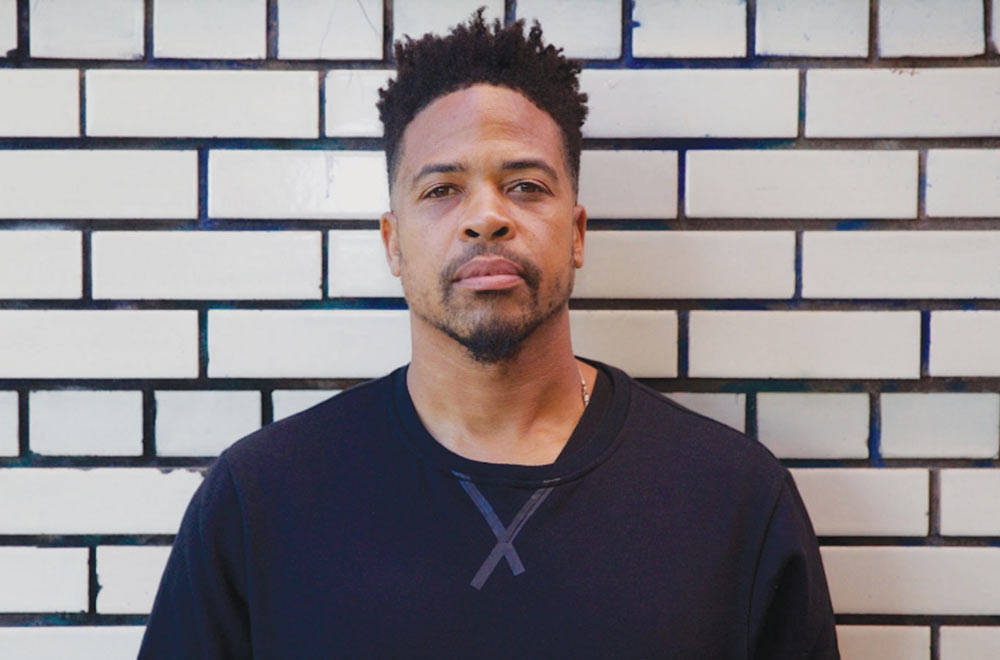Baba Zumbi of Zion-I, known originally as Steve Gaines, creates music that expands hip-hop as a genre, stretching it out by blending elements of reggae, trance and melodic rapping to produce colorful sounds that mix together seamlessly. His multi-dimensional sound is a reflection of his varied exposure to music during his childhood and his openness to experimentation.
Originally from Philadelphia, Zumbi lived in Texas, New Jersey, Georgia and elsewhere before landing in the Bay Area.
“My experience with hip-hop was like that, too,” he says. “Varied, because I grew up in so many different states and experienced so many different types of people.”
Zumbi’s nuanced understanding of hip-hop contributed to his experimentation with the genre later in life.
“For me, hip-hop has always been a gumbo. African drums, rock, jazz…it has always been a mixture of different things coming together,” Zumbi says. “I vacillate with all these different things at different points of my life, and I love trying new things.”
Hip-hop also acts as a vessel to deepening Zumbi’s understanding of his own identity. “When I was growing up, I was able to see these young black males being fresh and fly, and it gave me self esteem,” he says. “In the beginning, the music was an expression of fun. With artists like Tribe Called Quest and Public Enemy though, that shit is about empowerment.”
Lyrically, Zumbi delves into the deepest parts of his identity, exploring themes of racism, spirituality and vulnerability to name a few. He hopes by divulging the most intimate parts of himself, his audience will be moved to self-reflect as well.
“This music for me is a spiritual process. Like I am doing psycho therapy on myself, processing all my emotions in a healthy way. It lets me get in touch with myself, a sort of calibration, like going to acupuncture and getting realigned,” Zumbi says.
In the song “Meditation,” off his most recent album Ritual Mystic, Zumbi begins with a quote by the poet Rumi: “The wound is where the light comes in.”
This perfectly summarizes Zumbi’s mission: sharing his vulnerabilities to illuminate the shared experiences we all go through, regardless of race, social status, backgrounds. “When I look around at art and music, it is people expressing their deepest vulnerabilities,” Zumbi says. “As I get older, I realize we all share similar experiences. I think at the highest point, music is revealing these experiences, so that others can see it and find their way.”






